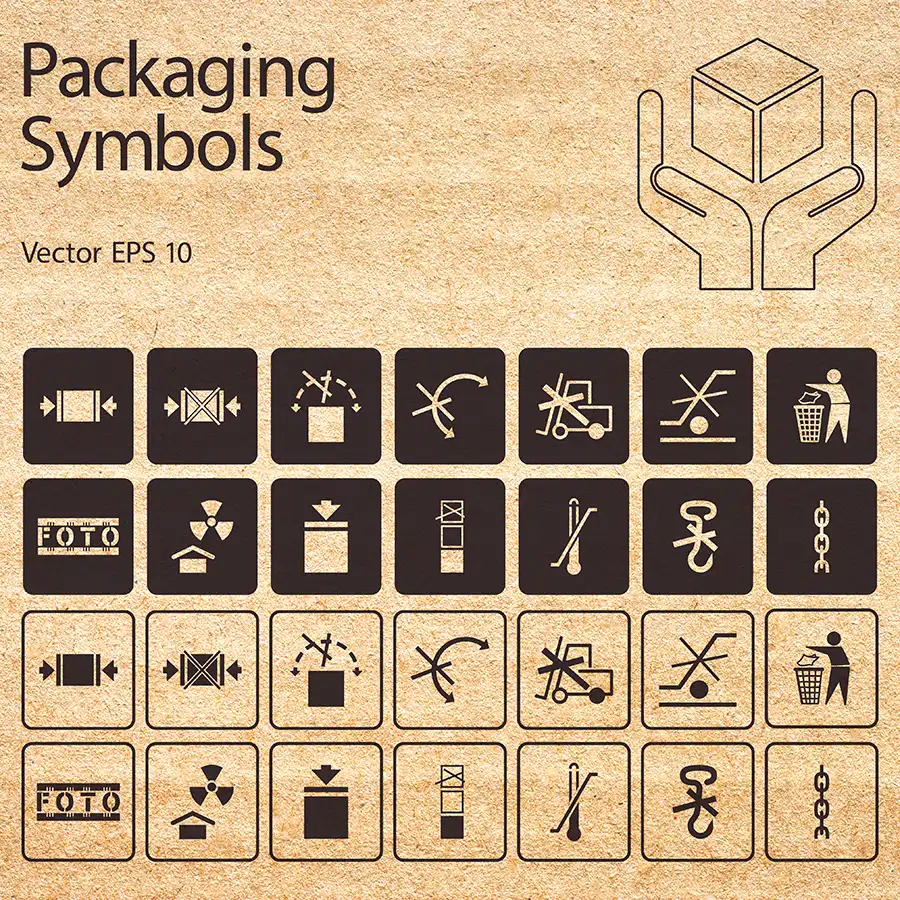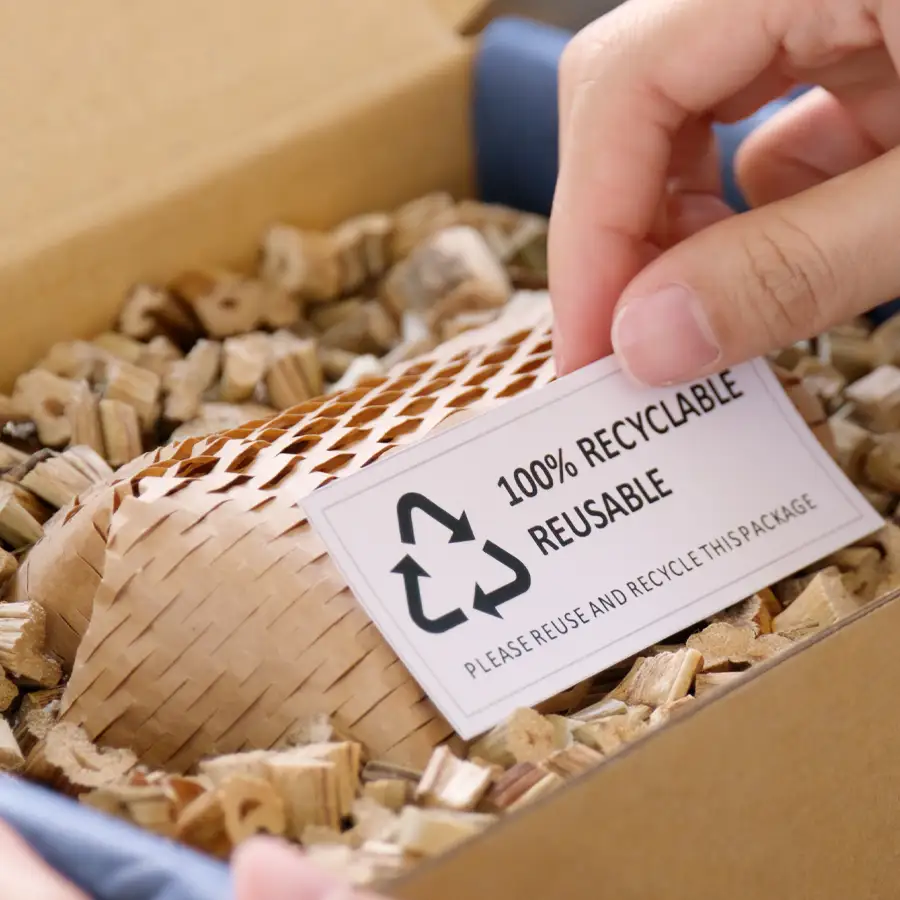
Solid.O Original focuses Albogroup’s ongoing commitment to sustainable cosmetics; its hotel product line sets the pace in the fight against water waste. Condensing innovation and tradition means developing a product that takes its cue from the past to revolutionise the near future. Here are some aspects of it.
Water Saving Formulas for Green Cosmetics
The cosmetics industry needs concrete action, capable of revolutionising points of view to look in the direction of an epochal turning point. Forecasts from the Compounded Average Growth Rate announce figures that speak for themselves: the planet needs a new resource protection policy, and the cosmetics industry is committed to implementing it. Water is the number one problem, climate change now sees a new geography of water resources: long periods of drought alternate with rainfall that is too abundant to draw adequate reserves.
Nature takes its course, man can only adapt and reduce the impact of his lifestyle. This is precisely where the concept of green cosmetics comes in. Products evolve to reduce the impact of industry on common reserves. Reusing water in industrial cooling processes, redesigning cosmetic formulas to reduce rinsing steps, developing solid formulations are just some of the moves the cosmetics industry has made and is making. This is not just about engaging in forest replanting or sponsoring campaigns to protect endangered animal species, cosmetics is changing the way we interpret our daily routines.
What are the characteristics of solid cosmetics?
History is cyclical, books have always told it and experiences are tangible evidence of this. However, the return to solids takes place in a technological key, the innovative formulations are a far cry from those at the turn of the century. Solid cosmetics look towards a reduced impact in terms of wastage of water resources but also point in the direction of respect in composition. Impact on the environment but also concern for the health of the customer, this is the reason behind completely INCI-proof formulations.
Almost completely water-free, solid cosmetics are products redesigned to ensure the natural retention of surfactants and emulsifying agents but without the need for water. Their composition is essential, the choice of ingredients tends to veer in the direction of vegetable fats and natural waxes. The principle is to exploit the mechanisms that work in nature to preserve their properties intact. The absence of petrolatum, silicones and paraffins are just some of the features of solid cosmetics; the result is more health-friendly. There is one thing, however, the choice of a solid cosmetic must rely on the evaluation of the skin type: more sensitive skin needs more suitable solid products.
Contact us for more information on the services
How do you use a solid shampoo?
Before getting to the heart of the advice, it should be mentioned that 250 grams of solid product allows even more than 80 washes. This makes the explanation of its use all the more valuable. As with any shampoo, the product must be applied to wet skin and hair. Just gently rub in the solid product and apply it from the scalp; the massage must then start at the roots and work its way up to the ends. It then needs to be rinsed as with traditional liquid shampoo.
Storage requires a little care; the dry product can be stored in a box with an airtight seal. This type of product is particularly afraid of humidity; storing it in a dry place is therefore the most effective approach to ensure its stability over time. Contrary to what one might expect, the formulations of solid shampoos embrace several types of needs. This is far from the Spartan idea of one product for all. Cosmetic technology provides natural products to meet the needs of dry or coloured hair, excess sebum and various other needs.
Solid cosmetics for hotels Solid.O Original line
The line is designed to interpret the concept of environmental sustainability in hospitality commodities. The large realities of the sector are increasingly looking for products that are elegant but also have a low impact on consumption. The line of solid detergents makes it possible to focus on quality from a green perspective precisely because it is sustainable.
Moisturising, fortifying and ultra-delicate shampoos are the products designed for hair care. There are also cleansers for intimate hygiene and energising and revitalising solutions for the shower. The solid bar is Albogroup’s proposal to optimise consumption and respect the environment: easily split down the middle, one 15-gram bar can be used for two showers. The solution respects the environment but also reduces consumption, and the quality reception thus becomes more sustainable.





